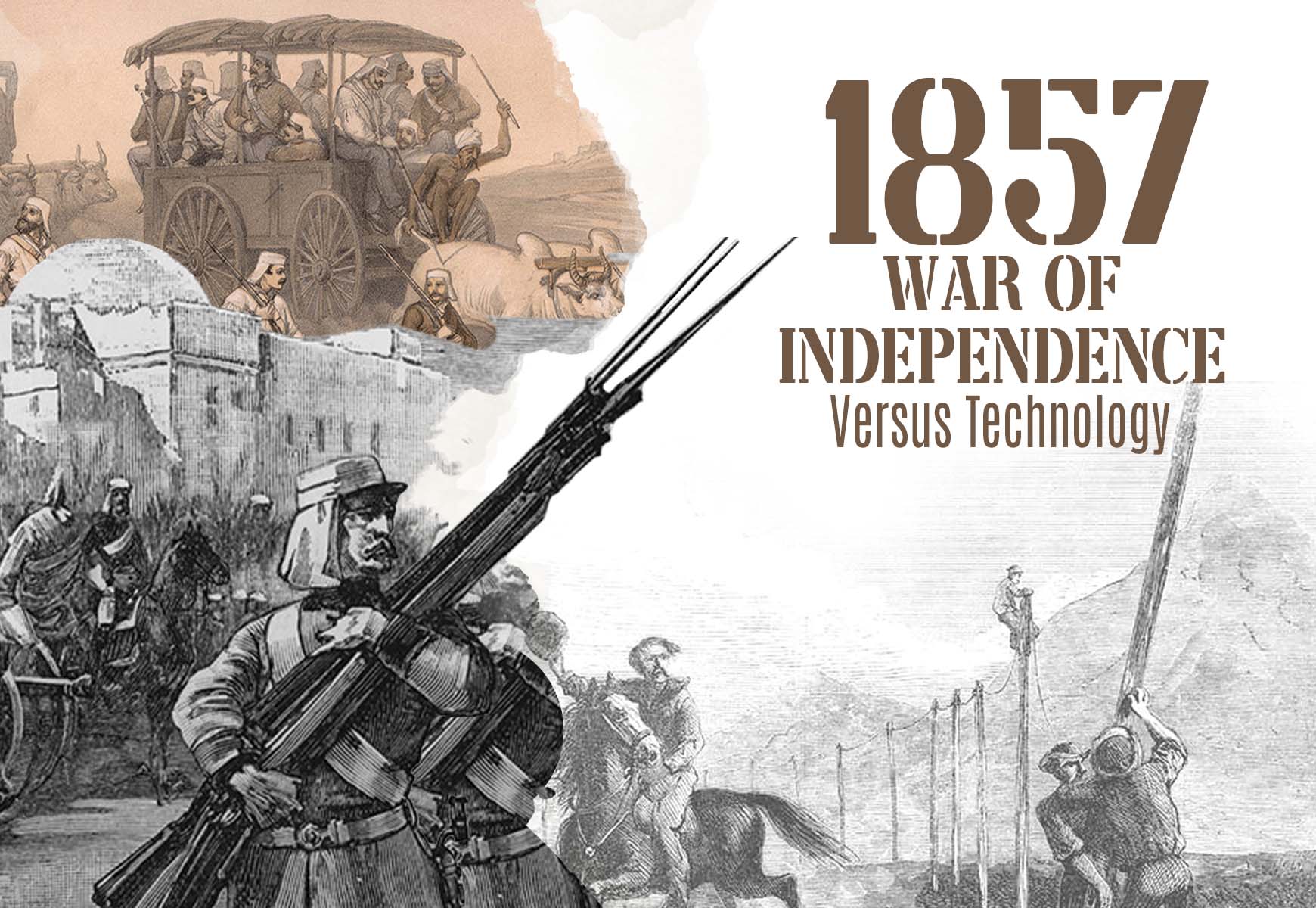The term “War of Independence” resonates with the echoes of courageous struggles, sacrifice, and the relentless pursuit of freedom. Throughout history, nations across the globe have fought wars to break free from colonial rule, oppressive regimes, or foreign domination. These wars are pivotal moments that shape the destiny of nations and their people. In this article, we delve into the concept of the War of Independence, examining its significance and exploring notable examples from different corners of the world.
The Revolt of 1857, also known as the Indian Rebellion of 1857 or the First War of Independence, stands as a watershed moment in the history of India’s quest for freedom.
Defining the War of Independence:
A War of Independence, also known as a revolutionary war, is a conflict where a group of people within a particular region or nation rises against external or internal forces to establish their sovereignty and self-governance. This type of war is marked by a collective yearning for independence, often fueled by a desire for political, economic, and cultural autonomy.
The Arab League, established in 1945, stands as a regional organization that plays a crucial role in promoting economic, cultural, and political cooperation among its member states.
Key Characteristics:
-
Quest for Freedom: At the heart of every War of Independence is the fervent desire for freedom. People involved in these conflicts are motivated by a deep-seated longing to determine their own destiny, free from the shackles of foreign control or oppressive regimes.
-
Struggle Against Oppression: Oppression, whether in the form of colonial rule, autocratic governments, or foreign occupation, serves as a catalyst for these wars. The people involved are often subjected to injustice, discrimination, and exploitation, prompting them to resist and fight for their rights.
-
National Identity and Unity: Wars of Independence are instrumental in fostering a sense of national identity and unity among the people. Shared struggles create bonds that transcend regional, ethnic, or religious differences, unifying diverse groups under a common cause.
Notable Wars of Independence:
-
American War of Independence (1775-1783): The thirteen American colonies, dissatisfied with British rule, embarked on a journey to establish an independent nation. The Declaration of Independence in 1776 and the subsequent military conflict marked the birth of the United States of America.
-
Indian War of Independence (1857-1858): Commonly known as the Indian Rebellion of 1857, this conflict saw Indian soldiers and civilians rising against British East India Company rule. Although it was suppressed, it laid the groundwork for India’s eventual independence in 1947.
-
Irish War of Independence (1919-1921): Ireland sought independence from British rule, leading to a guerrilla war between Irish republicans and British forces. The conflict resulted in the Anglo-Irish Treaty of 1921, which paved the way for the establishment of the Irish Free State.
-
Vietnam War (1955-1975): Vietnam’s struggle for independence from French colonial rule and later against the United States during the Vietnam War exemplifies a protracted fight for self-determination and sovereignty.
Conclusion:
The War of Independence represents the indomitable spirit of people yearning for self-determination and autonomy. It is a testament to the resilience of human spirit in the face of adversity. Through sacrifice, determination, and unity, nations have emerged from the crucible of these wars, proudly shaping their destinies and securing their place in the annals of history. The echoes of these conflicts serve as a reminder that the pursuit of freedom is a universal aspiration that transcends borders and spans generations.





